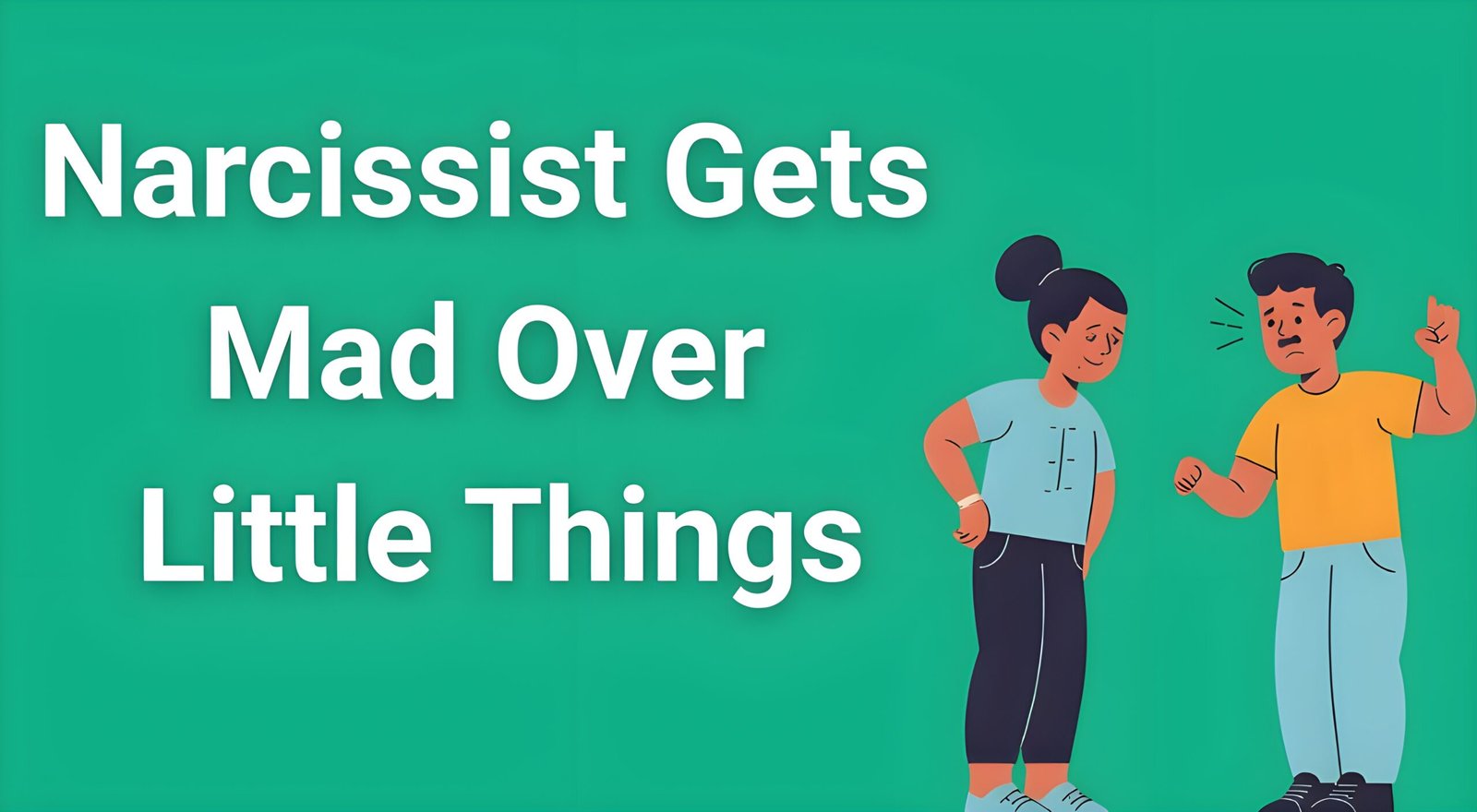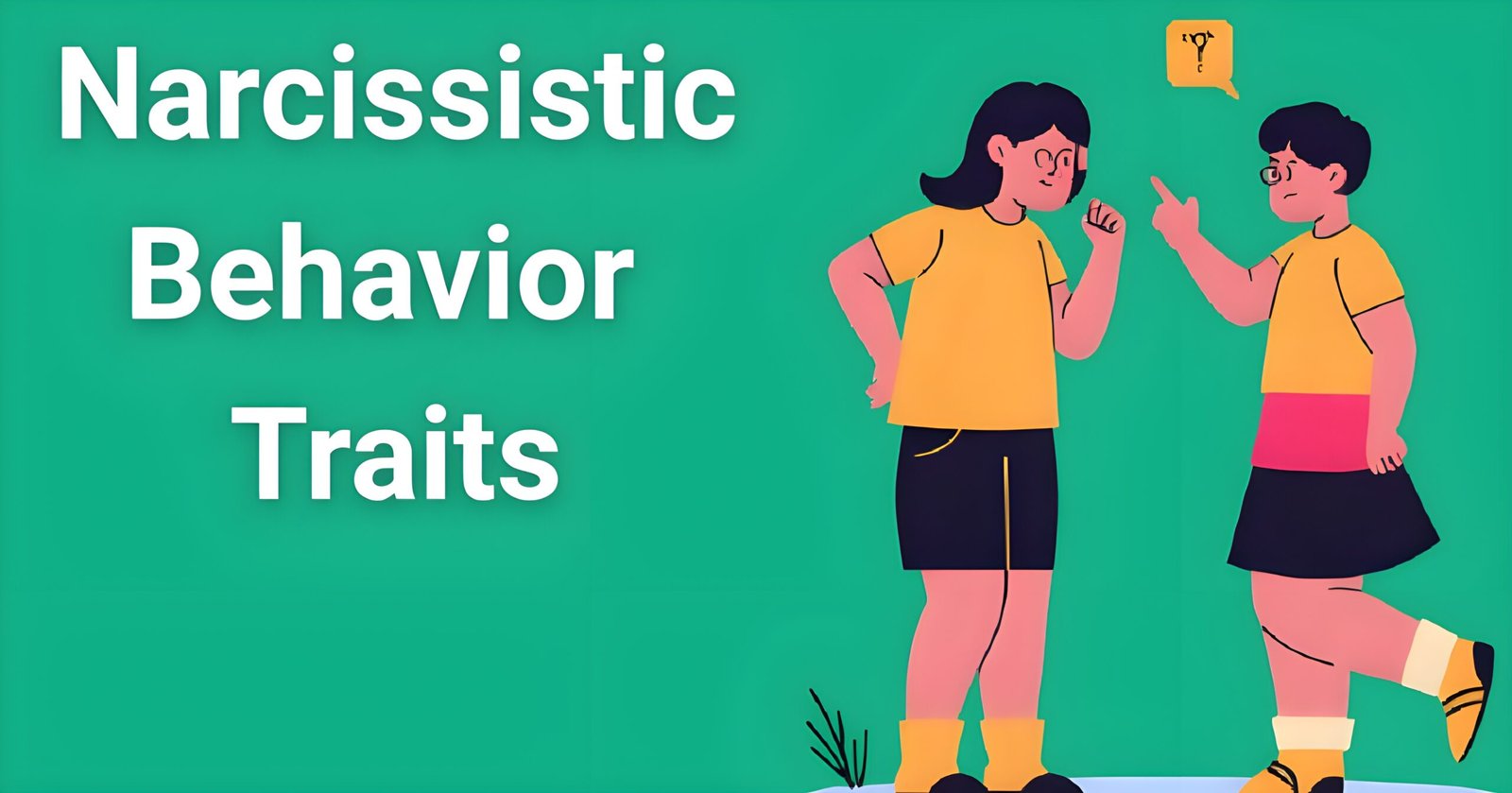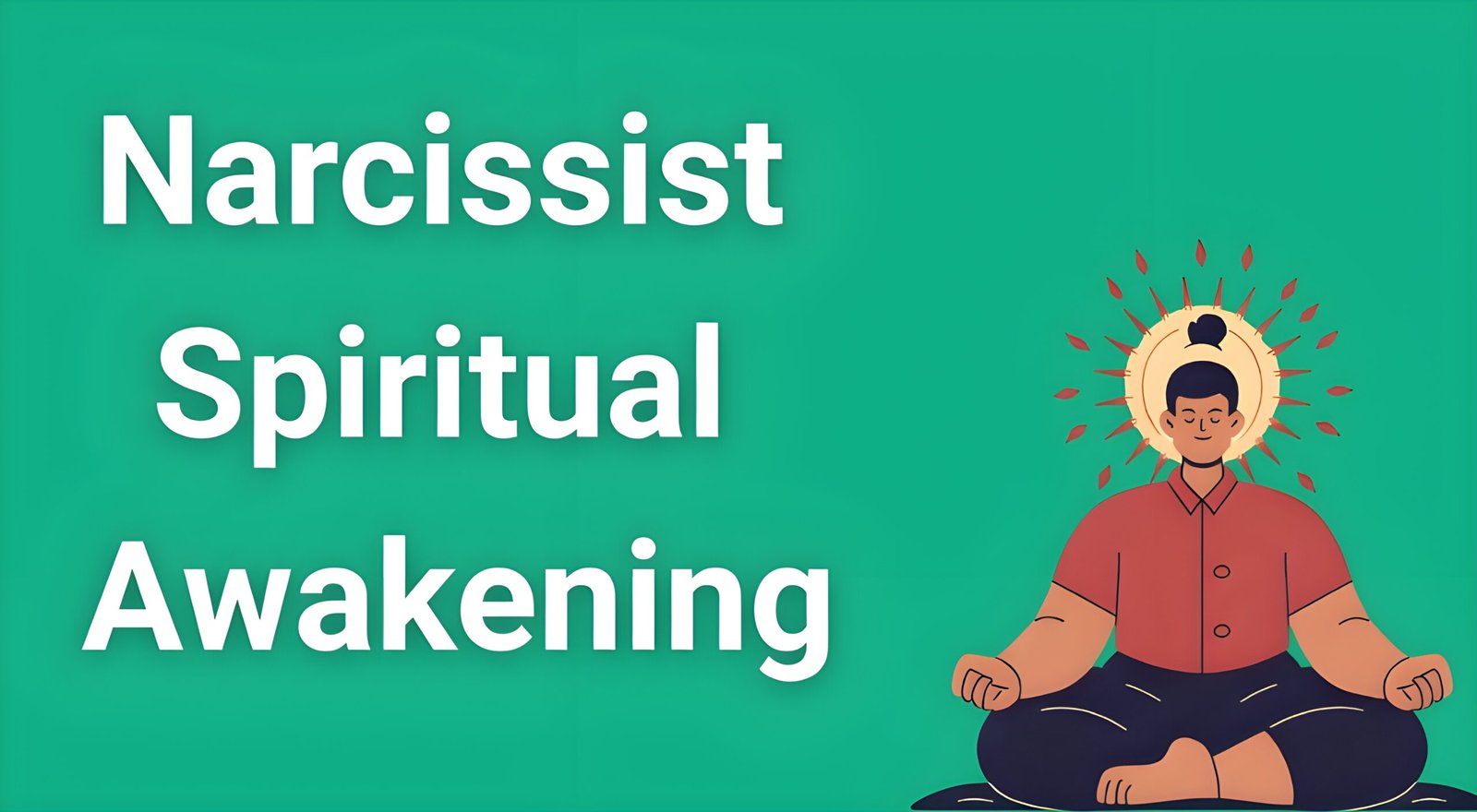Can a narcissist be an empath? 5 signs you’re being fooled – this question haunts thousands of survivors who find themselves trapped in a web of confusion, questioning their own perceptions of someone who seems deeply caring yet leaves them feeling emotionally drained and manipulated. After working with over 5,000 survivors through NarcissismExposed.com as a Certified Narcissistic Abuse Specialist, I can tell you this truth will either validate your deepest fears or shatter the illusion you’ve been desperately clinging to.
- Understanding the Empathy Deception
- The Five Warning Signs: How to Spot Fake Empathy
- The Neurological Truth: Why Narcissists Can’t Be True Empaths
- The Devastating Impact on Empathetic Partners
- How to Protect Yourself: Recognizing Authentic Empathy
- The Path Forward: Healing from Empathy Confusion
- Key Takeaways: Can a Narcissist Be an Empath?
- Frequently Asked Questions
The short answer is no – a true narcissist cannot be a genuine empath. However, they can masterfully mimic empathetic responses to manipulate, control, and exploit your emotions. This sophisticated form of emotional manipulation is so convincing that even trained professionals can be fooled initially.
What you’re experiencing isn’t confusion about their character – it’s the result of calculated psychological manipulation designed to keep you questioning your own reality. The person you’re wondering about isn’t showing genuine empathy; they’re displaying what psychologists call “cognitive empathy” – the ability to understand emotions without actually feeling them.
This distinction will change everything you thought you knew about the person who’s been making you question your own sanity.
Understanding the Empathy Deception
Before we explore the five telltale signs, it’s crucial to understand why the question “can a narcissist be an empath? 5 signs you’re being fooled” creates such internal turmoil for survivors. The confusion stems from witnessing what appears to be genuine emotional connection while simultaneously experiencing emotional abuse or manipulation.
True empathy involves two essential components that narcissists fundamentally lack:
Emotional Empathy (Affective Empathy): The ability to actually feel another person’s emotions as if they were your own. This creates genuine compassion and motivates helping behaviors without expecting anything in return.
Cognitive Empathy: The intellectual understanding of another person’s emotional state without necessarily feeling it yourself. This is what narcissists excel at – they can read your emotions like a roadmap to manipulation.
According to research published in the Journal of Personality and Social Psychology, individuals with Narcissistic Personality Disorder show significantly reduced activity in brain regions associated with emotional empathy while maintaining normal or even enhanced cognitive empathy abilities.
This creates the perfect storm for manipulation. The narcissist can understand exactly what you’re feeling, predict your emotional responses, and craft their behavior to elicit specific reactions – all while feeling no genuine connection to your emotional experience.
In my work with survivors, I’ve observed that those who ask “can a narcissist be an empath? 5 signs you’re being fooled” are often dealing with what I call “empathy confusion” – the cognitive dissonance created when someone demonstrates sophisticated understanding of emotions while simultaneously causing emotional harm.
The Five Warning Signs: How to Spot Fake Empathy
When questioning “can a narcissist be an empath? 5 signs you’re being fooled,” these specific patterns will help you distinguish between genuine emotional connection and sophisticated manipulation tactics.
Sign #1: Their Empathy Always Serves a Purpose
Genuine empaths respond to emotional needs spontaneously and without agenda. Narcissists, however, deploy empathy strategically – always when it serves their interests or advances their goals.
Notice when they display empathetic behavior:
- During the love-bombing phase when they’re trying to secure your attachment
- When they need something from you (forgiveness, favors, or validation)
- In public settings where their “caring” nature enhances their image
- When they’re trying to gather information about your vulnerabilities
- After they’ve hurt you and need to prevent consequences
The empathy disappears immediately when:
- They’ve achieved their goal
- You set boundaries they don’t like
- They’re angry or feel criticized
- You’re inconvenient to their plans
- They’ve found a new source of supply
One survivor shared with me: “He would hold me while I cried about my mother’s illness, saying all the right things. But the moment I needed him to drive me to the hospital, he suddenly had ‘important work’ and couldn’t understand why I was being ‘so needy.'”
Real empaths maintain consistent emotional availability regardless of personal convenience. Their compassion isn’t conditional on their mood or needs.
Sign #2: They Mirror Your Emotions Rather Than Feel Them
Narcissists are emotional chameleons who excel at reflecting your feelings back to you. This mirroring creates the illusion of deep connection while serving their need to maintain control and gather intel about your emotional landscape.
Watch for these mirroring behaviors:
- They express concern using your exact words or phrases
- Their emotional responses feel perfectly timed and slightly performative
- They seem to “get” you in ways that feel almost supernatural
- Their empathy focuses on emotions they can use later (insecurities, fears, desires)
- They remember your emotional triggers with unsettling accuracy
The difference between mirroring and genuine empathy:
Mirroring feels like: “It’s amazing how perfectly they understand me. They always know exactly what to say.”
Genuine empathy feels like: “They may not always have the right words, but I can feel their genuine care and concern.”
The mirroring mask slips when:
- They use your vulnerabilities against you during arguments
- They withdraw empathy when you don’t respond as expected
- They seem confused when you need support for issues they can’t relate to
- Their empathetic responses feel rehearsed or slightly off-timing
Sign #3: Their Empathy Creates Dependency, Not Healing
Authentic empathy empowers and heals – narcissistic “empathy” creates addiction and dependence. When someone asks “can a narcissist be an empath? 5 signs you’re being fooled,” this distinction often provides the clearest answer.
Genuine empathy results in:
- Feeling stronger and more capable after emotional support
- Encouragement toward independence and personal growth
- Consistent emotional support without strings attached
- Respect for your boundaries and healing process
- Empowerment to make your own decisions
Narcissistic “empathy” creates:
- Addiction to their specific form of comfort
- Dependence on their validation and emotional regulation
- Confusion about your own emotional needs
- Guilt when you seek support elsewhere
- Erosion of your natural coping mechanisms
Notice if their empathy always positions them as your emotional savior while subtly undermining your confidence in handling problems independently. True empaths teach you to fish; narcissists ensure you always need them to provide the fish.
Sign #4: They Weaponize Your Emotions Later
The most devastating sign that you’re dealing with fake empathy is when your vulnerabilities become ammunition. Narcissists collect emotional intelligence like weapons, storing your deepest fears and insecurities for future use.
This weaponization appears as:
- Bringing up past traumas during arguments
- Using your insecurities to “prove” their points
- Sharing your private emotional struggles with others
- Minimizing pain they previously seemed to understand
- Threatening to withdraw support when you displease them
The pattern typically unfolds like this:
- They provide seemingly perfect emotional support
- You share deeper vulnerabilities feeling safe and understood
- They collect this information while appearing compassionate
- During conflict, they use your own pain against you
- They deny ever being supportive, gaslighting your memory
One survivor described it perfectly: “He was so understanding when I told him about my childhood abuse. He held me and said all the right things. Three months later, during an argument, he screamed ‘No wonder your father left you – you’re impossible to love.’ I realized he had been collecting my pain to use as weapons.”
Genuine empaths protect the vulnerabilities you share with them. They would never use your emotional pain as a tool for winning arguments or maintaining control.
Sign #5: Their Empathy Feels Performative Rather Than Authentic
The final sign often provides the clearest answer to “can a narcissist be an empath? 5 signs you’re being fooled” – their empathy feels like a performance rather than genuine emotional connection.
Performative empathy characteristics:
- Slightly exaggerated emotional responses that feel “acted”
- Perfect timing that seems calculated rather than spontaneous
- Empathy that increases when others are watching
- Responses that feel like they’re auditioning for the role of “caring partner”
- Empathy that follows predictable scripts rather than organic responses
The performance often includes:
- Overly dramatic facial expressions during emotional moments
- Verbal responses that sound like they’re from a therapy textbook
- Body language that seems consciously deployed rather than natural
- Empathy that feels like it’s being performed for an audience
- Responses that focus more on their image than your actual needs
Trust your gut feeling about authenticity. If something feels slightly “off” about their empathetic responses, pay attention to that instinct. Your subconscious mind often detects incongruence before your conscious mind can articulate it.
Genuine empathy feels:
- Natural and unforced
- Consistent regardless of who’s watching
- Focused on your healing rather than their image
- Imperfect but authentic
- Like it comes from a place of genuine care rather than obligation
The Neurological Truth: Why Narcissists Can’t Be True Empaths
Understanding why the answer to “can a narcissist be an empath? 5 signs you’re being fooled” is definitively “no” requires examining the neurological differences between narcissistic brains and healthy ones.
Research from Harvard Medical School reveals that narcissistic individuals show:
- Reduced gray matter in areas associated with empathy and emotional regulation
- Decreased activity in the anterior cingulate cortex (responsible for emotional empathy)
- Impaired mirror neuron function that normally creates shared emotional experiences
- Overactive areas associated with self-focus and grandiosity
This means narcissists literally cannot experience empathy the way healthy individuals do. Their brains are wired differently, making genuine emotional connection neurologically impossible.
However, they often show enhanced activity in areas associated with:
- Social cognition and reading emotional cues
- Strategic thinking and manipulation
- Reward-seeking behavior
- Self-serving decision-making
This neurological profile creates individuals who are exceptional at understanding emotions intellectually while remaining incapable of genuine emotional connection. It’s not a choice they’re making – it’s a fundamental limitation of their neurological architecture.
The Devastating Impact on Empathetic Partners
When empathetic individuals encounter narcissistic “empathy,” the psychological impact can be devastating. The confusion created by asking “can a narcissist be an empath? 5 signs you’re being fooled” represents a trauma response to sustained emotional manipulation.
Common effects include:
- Constant self-doubt about your own perceptions
- Addiction to their specific form of validation
- Erosion of your natural empathetic abilities
- Confusion about healthy emotional boundaries
- Guilt for questioning their “caring” behavior
The empathy confusion creates a psychological trap where:
- You question your own reality when their behavior doesn’t match their words
- You make excuses for their harmful actions because they “understand” you
- You become isolated from other support systems
- You lose touch with your own emotional needs
- You develop trauma bonds that feel like deep connection
Breaking free from this confusion requires:
- Trusting your emotional responses over their explanations
- Recognizing patterns rather than focusing on isolated incidents
- Seeking outside perspective from trusted friends or professionals
- Understanding that genuine empathy doesn’t require you to doubt yourself
- Learning to distinguish between understanding and actual caring
How to Protect Yourself: Recognizing Authentic Empathy
Now that you understand why “can a narcissist be an empath? 5 signs you’re being fooled” has such a clear answer, let’s explore how to recognize genuine empathy to protect yourself from future manipulation.
Characteristics of Authentic Empathy
Genuine empaths demonstrate:
- Consistent emotional availability regardless of personal convenience
- Respect for your boundaries and healing process
- Empathy that empowers rather than creates dependence
- Natural, unforced emotional responses
- Protection of vulnerabilities you share with them
Healthy empathetic responses include:
- Feeling genuinely heard and understood
- Encouragement toward independence and growth
- Consistent support without hidden agendas
- Respect for your emotional autonomy
- Empowerment to trust your own feelings
Red Flags That Signal Fake Empathy
Be immediately suspicious of:
- Empathy that feels perfectly timed or slightly performative
- Understanding that creates dependence rather than healing
- Emotional support that comes with strings attached
- Empathy that disappears when you set boundaries
- Care that increases when others are watching
Trust these warning signs:
- Your gut feeling that something feels “off”
- Empathy that makes you question your own needs
- Support that creates guilt or obligation
- Understanding that feels like emotional manipulation
- Care that serves their image more than your healing
The Path Forward: Healing from Empathy Confusion
Recovering from the trauma of narcissistic “empathy” requires specific healing strategies that address both the emotional damage and the cognitive confusion.
Rebuilding Your Emotional Compass
Start by:
- Journaling about your emotional experiences without judgment
- Seeking therapy specifically for narcissistic abuse recovery
- Reconnecting with trusted friends who knew you before this relationship
- Practicing self-compassion for the confusion you’ve experienced
- Learning to trust your emotional responses again
Developing Healthy Empathy Boundaries
Learn to:
- Distinguish between empathy and enabling
- Recognize when someone’s “understanding” creates dependence
- Trust your instincts about authentic emotional connection
- Seek empathy that empowers rather than diminishes you
- Maintain your emotional independence within caring relationships
Building Future Relationship Skills
Focus on:
- Partners who demonstrate consistent empathy over time
- Relationships where empathy flows both ways naturally
- Connections that enhance rather than diminish your sense of self
- Emotional support that encourages your independence
- Understanding that doesn’t require you to doubt your reality
Key Takeaways: Can a Narcissist Be an Empath?
The answer to “can a narcissist be an empath? 5 signs you’re being fooled” is unequivocally no. Narcissists cannot be genuine empaths due to fundamental neurological and psychological differences that make authentic emotional connection impossible.
Remember these crucial distinctions:
- Cognitive empathy (understanding emotions) vs. emotional empathy (feeling emotions)
- Performative care serves their needs; genuine empathy serves yours
- Authentic empathy empowers; narcissistic “empathy” creates dependence
- Real empaths protect your vulnerabilities; narcissists weaponize them
- Genuine emotional connection feels natural; manipulative empathy feels performed
Trust these key insights:
- Your confusion about their empathy is a trauma response to manipulation
- Questioning “can a narcissist be an empath? 5 signs you’re being fooled” indicates sophisticated emotional abuse
- Genuine empathy never requires you to doubt your own perceptions
- Healthy emotional support enhances your independence, not your dependence
- Your instincts about inauthentic empathy are valid and important
The path forward involves:
- Trusting your emotional responses over their explanations
- Seeking genuine empathy that empowers rather than controls
- Learning to recognize authentic emotional connection
- Healing from the trauma of empathy confusion
- Building relationships based on mutual respect and genuine care
Understanding that narcissists cannot be true empaths isn’t about judgment – it’s about protection. When someone asks “can a narcissist be an empath? 5 signs you’re being fooled,” they’re seeking permission to trust their instincts about someone who has systematically undermined their reality. Your confusion is valid, your feelings are real, and your need for authentic emotional connection deserves to be honored and protected.
Frequently Asked Questions
What if they genuinely seem to understand my pain better than anyone else?
This is one of the most confusing aspects of narcissistic manipulation because their cognitive empathy allows them to understand your emotional experience with uncanny accuracy. However, understanding your pain and genuinely caring about it are completely different things. Think of it like this: a skilled actor can portray grief so convincingly that audiences cry, but they’re not actually experiencing the loss themselves. Narcissists study your emotional patterns not to provide comfort, but to gain control. The fact that they “get” you so perfectly should actually raise red flags, especially if this understanding comes with conditions, disappears when inconvenient, or gets weaponized during conflicts.
How do I know if I’m being too suspicious or paranoid about their empathy?
Healthy skepticism about someone’s empathy is not paranoia – it’s self-protection based on your lived experience. If you’re questioning whether someone’s empathy is genuine, that questioning itself is significant. Authentic empathy doesn’t leave you feeling confused, drained, or dependent. It doesn’t create doubt about your own perceptions or make you feel like you’re “crazy” for having concerns. Trust your instincts. If their empathy feels performative, conditional, or creates more confusion than comfort, these are valid observations worth exploring further. Your emotional safety is more important than giving someone the benefit of the doubt.
Can a narcissist change and develop genuine empathy over time?
The neurological research is clear: the brain structures responsible for emotional empathy are fundamentally different in narcissistic individuals. While they may learn to better mimic empathetic responses through therapy or life experience, they cannot develop the genuine emotional connection that characterizes true empathy. This isn’t about moral failing – it’s about neurological architecture. Some narcissists may develop better self-awareness and learn to manage their behaviors, but the core inability to feel others’ emotions remains unchanged. Hoping for this kind of fundamental change often keeps survivors trapped in cycles of disappointment and manipulation.
Is it safe to confront them about their fake empathy?
Confronting a narcissist about their lack of genuine empathy is rarely safe or productive. They will likely respond with gaslighting, projection, or escalated manipulation tactics. They may become enraged at being “exposed” or turn the conversation around to make you feel guilty for questioning their care. Instead of confrontation, focus on protecting yourself by recognizing the patterns, maintaining emotional boundaries, and seeking support from people who demonstrate consistent, authentic empathy. Remember that you don’t need their admission or acknowledgment to validate your own experience.
How can I heal from the confusion of believing their fake empathy was real?
Healing from empathy confusion requires both validation and practical steps. First, understand that your confusion is a normal trauma response to sophisticated manipulation – not a personal failing. Consider working with a therapist who specializes in narcissistic abuse recovery, as they can help you process the cognitive dissonance and rebuild your emotional compass. Practice reconnecting with your own feelings without judgment, and gradually rebuild relationships with people who demonstrate consistent, authentic empathy. Journaling about your experiences can help you recognize patterns and trust your own perceptions again.
What’s the difference between someone who struggles with empathy and a narcissist?
Some people naturally have lower empathy due to neurodivergence, mental health conditions, or trauma, but they still care about others’ wellbeing and work to understand impact of their actions. They may struggle to read emotional cues or respond appropriately, but they don’t weaponize emotions or manipulate for personal gain. Narcissists, however, have sophisticated cognitive empathy that they use strategically for manipulation while lacking genuine emotional connection. The key difference is intent: people with empathy challenges still have concern for others’ welfare, while narcissists view others primarily as sources of supply to be exploited.
How do I protect myself from this kind of manipulation in future relationships?
Protecting yourself requires developing what I call “empathy literacy” – the ability to distinguish between authentic emotional connection and manipulative mimicry. Take relationships slowly and observe empathy patterns over time and across different situations. Notice whether someone’s empathy serves your needs or theirs, whether it remains consistent when you set boundaries, and whether it empowers you or creates dependence. Trust your emotional responses more than their explanations. If someone’s empathy feels performative, conditional, or creates confusion, pay attention to those red flags. Remember that healthy empathy should make you feel stronger and more capable, not more dependent and confused.






